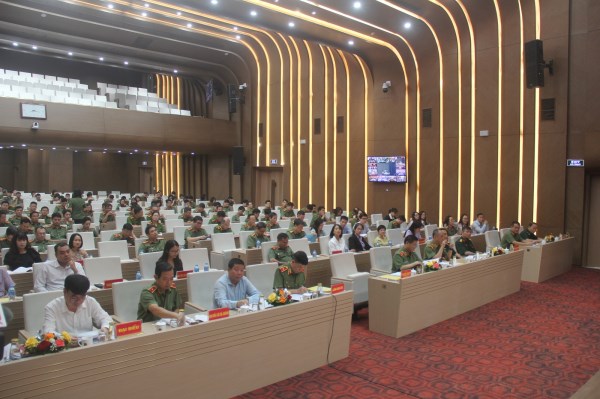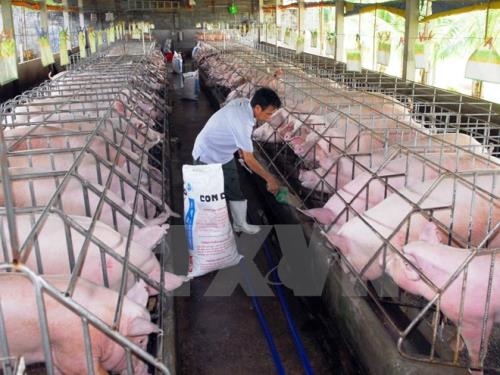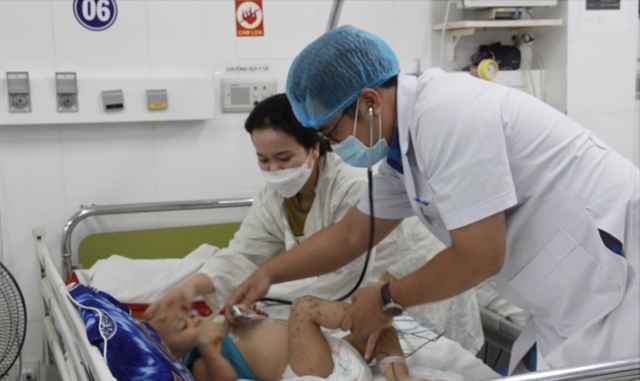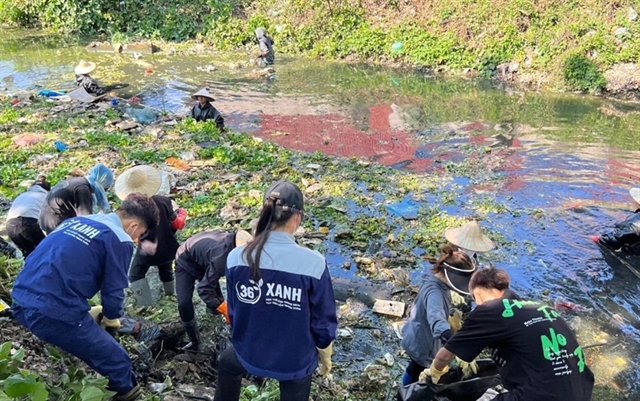 Society
Society

A joint programme on giving dissemination to 100,000 breeding households to commit not to use banned substances in their breeding work was signed yesterday in Hà Nội.
 |
| A pig farm in HCM City. A joint programme to encourage 100,000 livestock breeding households to commit to not using banned substances in their breeding work was signed yesterday in Hà Nội.— VNA/VNS Photo Mạnh Linh |
HÀ NỘI — A joint programme to encourage 100,000 livestock breeding households to commit to not using banned substances in their breeding work was signed yesterday in Hà Nội.
The joint programme was signed by the Department of Livestock Production, the Animal Husbandry Association of Việt Nam (AHAV), the Agro Nutrition International Joint-Stock Company (ANCO) and the Việt Pháp Feed Joint-stock Company.
The programme hopes to spread the spirit of “saying NO to banned substances”, setting up a safe breeding sector and improving the competitive capacity of breeding products.
The programme, which runs until the end of this year all over the country, features different activities including asking 100,000 households to commit to not using banned substances, organising training courses on safe and effective breeding technology and raising awareness of the issue.
Some breeders were found to use Beta-agonist, including Clenbuterol, Salbutamol and Ractopamine, which stimulated growth of animals and made them lean. The use of these products caused concerns in the community and affected the breeding sector’s development, according to the MARD.
Hoàng Thanh Vân, director of the Department of Livestock Production, said, “Solving the problem of using banned substances in breeding is the most important work of the department this year.”
Raising breeders’ awareness and giving them assistance was a long-term measure, he said.
“We highly appreciate the co-ordination from different sectors, organisations and breeding enterprises in such meaningful programmes,” said Vân.
Đoàn Xuân Trúc, deputy chairman and general secretary of the AHAV, said, “It is easy to ban, but the difficult work is giving breeders education so that they have self-awareness and don’t use banned substances in their work.” — VNS









